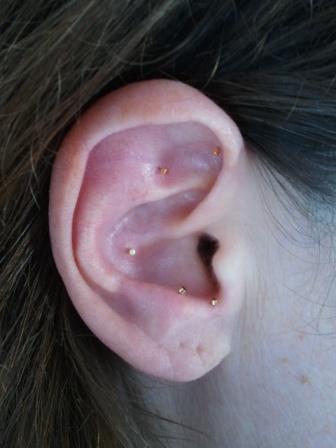According to a trial carried out in Japan, acupuncture is associated with clinically relevant improvements of dyspnoea on exertion (DOE) in patients with chronic obstructive pulmonary disease (COPD). Sixty-eight patients with COPD were randomised to either real or non-penetrating placebo acupuncture for 12 weeks, in addition to standard medication. A standardised acupuncture protocol was used (Zhongfu LU-1, Taiyuan LU-9, Futu L.I.-18, Guanyuan REN-4, Zhongwan REN-12, Zusanli ST-36, Taixi KID-3, Wangu GB-12, Feishu BL-13, Pishu BL-20 and Shenshu BL-23). After 12 weeks, breathlessness scores after a six-minute walk test were significantly better in the real acupuncture group compared with the placebo acupuncture group (-3.6 vs 0.4). Patients who received real acupuncture also demonstrated clinically relevant improvements in nutrition status (including BMI), airflow obstruction, exercise capacity and health-related quality of life after three months of treatment. No such improvements were seen in the placebo acupuncture group. The authors speculate that the beneficial effect of acupuncture on pulmonary function may be due to relaxation of hyper-activated respiratory muscles and improvement in autonomic tone. (A randomized, placebo-controlled trial of acupuncture in patients with chronic obstructive pulmonary disease (COPD): the COPD-acupuncture trial (CAT). Suzuki M et al. Arch Intern Med. 2012 Jun 11;172(11):878-86).
Categories: Respiratory disorders







